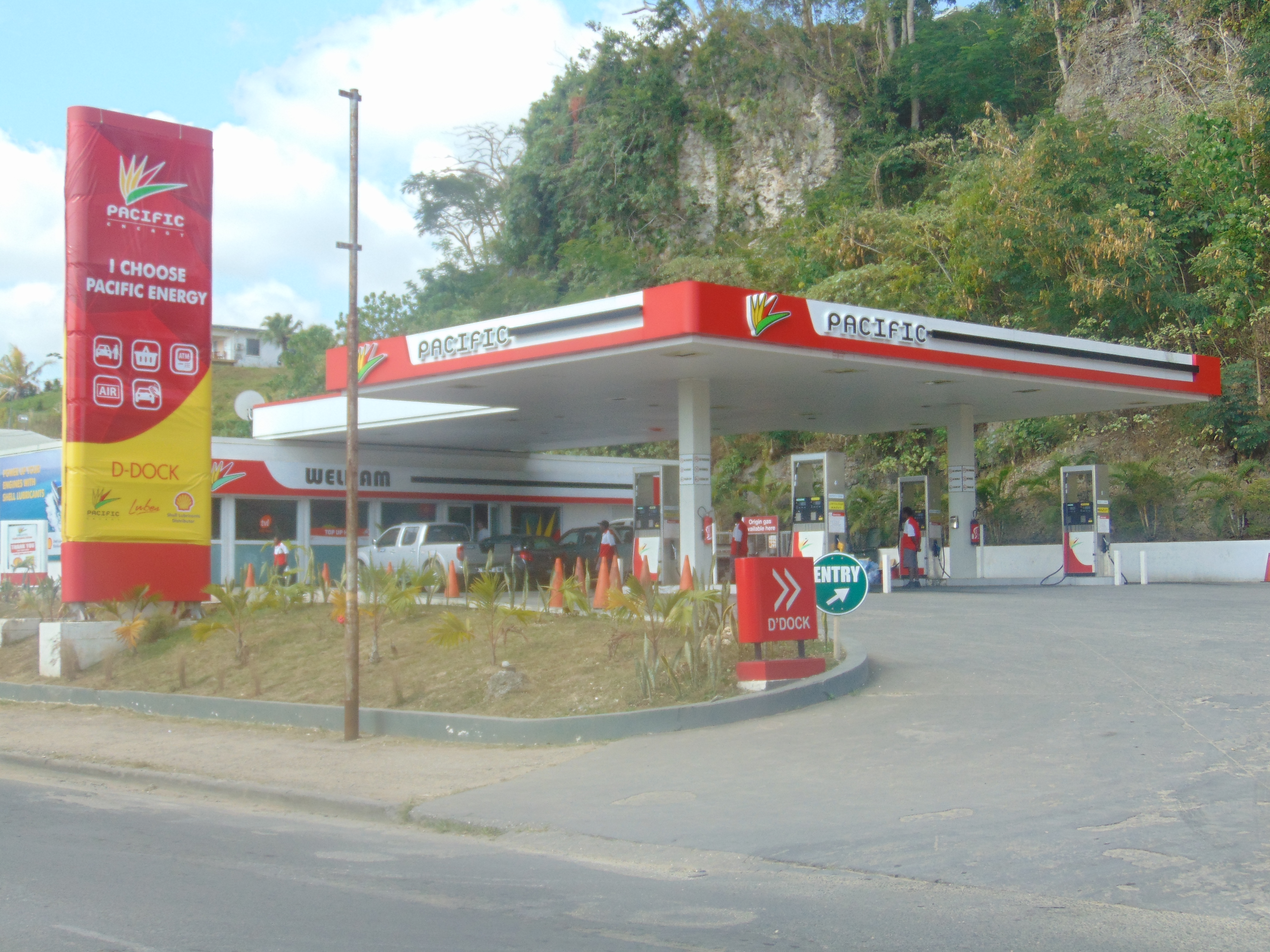
Vanuatu imports over 56 million litres of fuel each year with diesel being the largest volume (63%). Of this, land transport has the lion’s share of 50% followed by electricity at 38%. Consequently, it is safe to say that the largest contributor of GHG emissions in Vanuatu comes from the land transport sector.
As in many of its neighboring island countries, Vanuatu’s effort to reduce reliance on fossil fuel and increase access to clean, reliable and affordable energy sources has focused mostly on the fuel imports that is used for power generation (38 per cent). Very little has been done about the bulk of the fuel imports which is consumed in the land transport sector.
Motivated by a regional workshop in July 2019 conducted by the Pacific Community’s Centre for Renewable Energy and Energy Efficiency (PCREEE) on writing energy funding proposals, Vanuatu has formed a very strong partnership with the Climate Technology Centre and Network (CTCN) to address energy efficiency in its land transport sector.
CTCN, as the operational arm of the United Nations Framework Convention on Climate Change (UNFCCC) Technology Mechanism, has responded positively to Vanuatu‘s request and has tasked the PCREEE to draft the response plan and budget for addressing Vanuatu’s requests.
A stakeholder consultation meeting took place yesterday (3rd March 2020) at the Ministry of Energy and Climate Change to provide an opportunity for the local stakeholders (Energy, Climate Change, Infrastructure, Land Transport.etc), to provide inputs to the response plan.
“The support of the local stakeholders has been overwhelming and we are on target to submit this plan to CTCN before the end of the month,” said Benjamin Jesse of the PCREEE.
‘We hope that the identification of bottlenecks in the land transport sector and how they may effectively be addressed will begin in June and for the funding proposal to address energy efficiency in Vanuatu’s Land transport sector to be submitted before the end of the year.’
“We acknowledge the kind support of the CTCN in what would obviously be a transformative project in Vanuatu’s energy and climate change effort,” said Antony Garae, Vanuatu’s Director Energy.